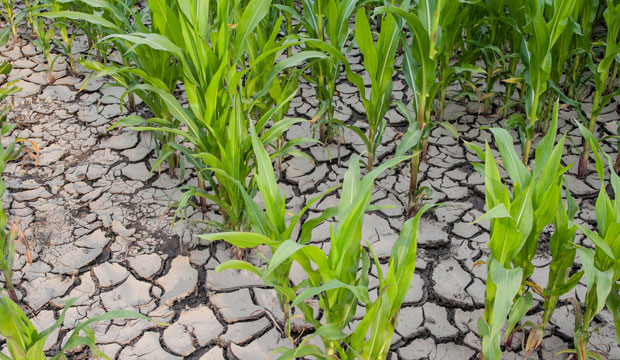Philadelphia Society for Promoting Agriculture thanks society member Duncan Allison for this monthly updates and incite.
My attempt at considering some challenges to farming in the future. Agriculture is universal as we all must have food. Trade between countries has become critical today as no country can produce all the products demanded by its citizens and must import from countries with the appropriate climate and/or lower cost of production due to climate etc. Farmers in many countries have become dependent on exports – ( e.g. 20% of what they produce in the U.S., varying from 79% (walnuts) to 50% (soybeans) and 10% (beef)). The FAO makes it clear that all countries are interdependent. As the global population exceeds 9.8 billion by 2050, the free movement of farm crops between countries will be necessary to avoid hunger and provide healthier food.
Climate change is a universal challenge. One example – globally, crop yield losses for wheat, corn and rice will increase 10-25% for every degree of global warming. These crops provide the staple foods for 4 billion people and account for 42% of direct calories consumed by humans worldwide. Insects will cause more damage to all plants as the climate warms. UN FAO. Farm animals raised in hotter conditions as heat slows muscle growth so do not generate as much protein. Farming could well be the industry most seriously affected by climate change. We need agricultural innovation that creates a food system that is able to adapt to climate change and is sustainable.
We must continue to invest in science and respect its results. Research will be needed to cope with climate change, changes in food preferences, such as more healthy food, maintaining the productivity of all our best farm land and avoiding waste at all levels. As citizens “Sustainable development is a universal challenge and the collective responsibility for all countries requiring fundamental changes in the way all societies produce and consume.”
Enhancing the image of farming and attracting young farmers – The average age of farmers in the US is 58 (2018) and in Europe 50% of farmers are over 55 years old. The barriers to entry are certainly significant but small local farms are playing an increasingly important role. Modern farming involves high levels of technology at many levels so surely attracting sons/daughters of existing farmers is a priority. The life of a farmer is admittedly extremely hard so society needs to recognize their importance and governments/banks/lenders should be able to ensure that farmers can survive years when there are crop failures or when market prices are below cost of production. Other challenges that our farms will have to meet include:
Preservation of our best farm land which is an increasingly precious resource which cannot be remedied. Farmers should understand that they should not just care about soil health but also ensure it is available for future generations. Farmland represents $2.8 trillion of the $3.5 trillion of total farm assets in the U.S. We are lucky in the U.S. to have excellent farmland and a wide range of climates to enable us to grow a wide range of crops. Hugely precious and irreplaceable resource.
Much greater efficiency in irrigating crops to reduce the total volume of water needed without reducing yields
Reduction of food waste at all levels but particularly on the farm but throughout the food chain.
The increasing awareness of the link between food consumption and health. Dietary changes, such as less meat and more fruit and vegetables, and need for understanding how our health is being affected by diet.

